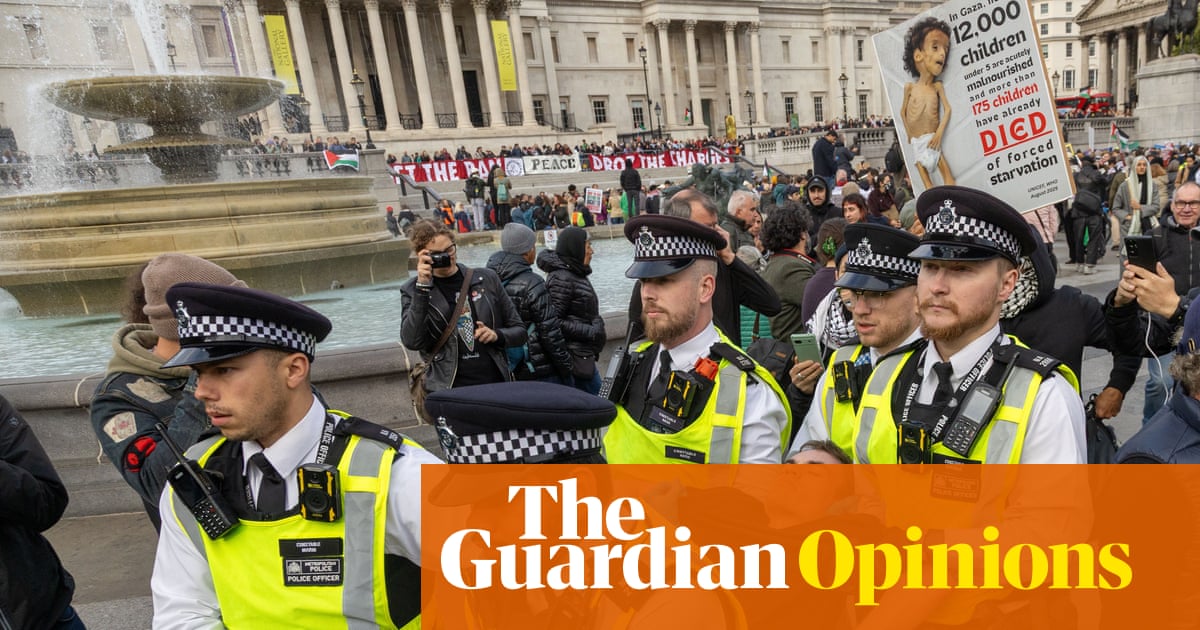
"Imagine a movement arising in this country that seeks to overthrow established power. Imagine that it begins with a series of rebellions, in Scotland and south Wales perhaps, that shut down workplaces, confront police and soldiers (sometimes peaceably, sometimes with crude weapons), set up roadblocks and lay siege to the places where fellow protesters are imprisoned and government officials are meeting. Imagine that this movement goes on to smash or disable machinery across the country."
"The Labour party arose from a long wave of protests by workers against capital, calling for workers' rights and for sweeping democratic reforms. These protests and their organisers came to be known as the labour movement. Its early actions included the radical war in Scotland, the Merthyr and Newport risings in south Wales, the Swing riots in England and the General Strike of 1842. No such protests would have meant no such movement. No such movement would have meant no such party."
A broad, often violent history of worker protest gave rise to the Labour party through rebellions, roadblocks, machinery sabotage and large-scale strikes such as the General Strike of 1842. Early labour actions included uprisings in Scotland and south Wales, the Merthyr and Newport risings, and the Swing riots. Over the past four decades, successive laws have restricted assembly and protest, beginning with the Public Order Act 1986 and followed by measures targeting unions, criminal justice, terrorism and organized crime. These legal changes have substantially narrowed the space for democratic challenge and collective action.
Read at www.theguardian.com
Unable to calculate read time
Collection
[
|
...
]